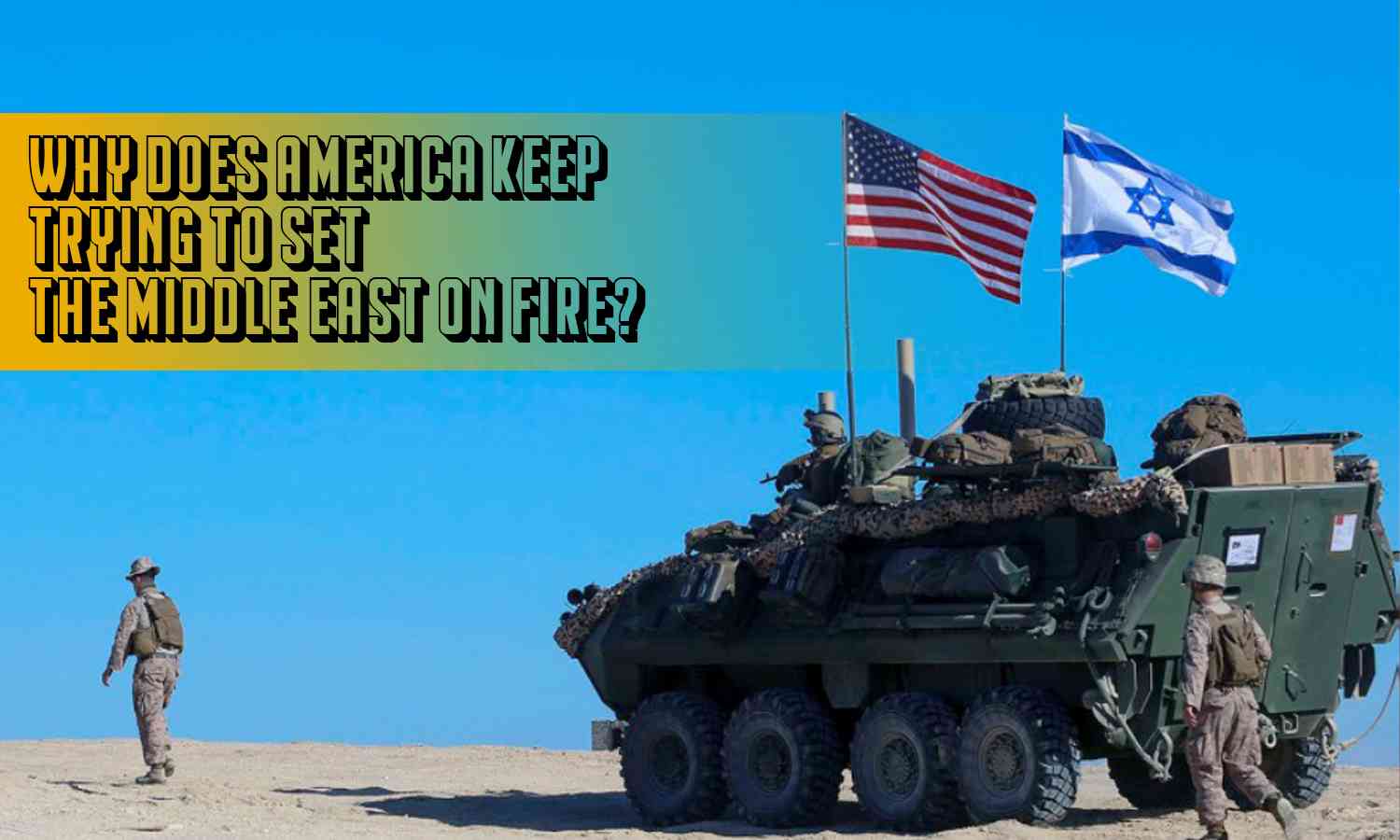The Biden administration’s handling of recent Middle East developments has drawn significant scrutiny, especially after Iran's decision to retaliate following an alleged Israeli attack on its consulate in Damascus. Some critics argue that the U.S. administration underestimated regional volatility, mistakenly assuming stability just prior to the Hamas attack on Israel on October 7, 2023. In response, the U.S. has focused on three primary objectives: unwavering support for Israel, preventing escalation beyond Gaza, and encouraging Israel to exercise restraint to protect civilians and maintain U.S. standing internationally.
This approach has reportedly intensified an already challenging situation, with critics noting that past administrations, including Trump, Obama, Bush, and Clinton, have also grappled with complex regional dynamics and made decisions with varying degrees of effectiveness. As regional tensions continue to rise, particularly with Iran’s retaliatory measures, the situation remains a critical test for U.S. diplomatic and military strategy in the Middle East.
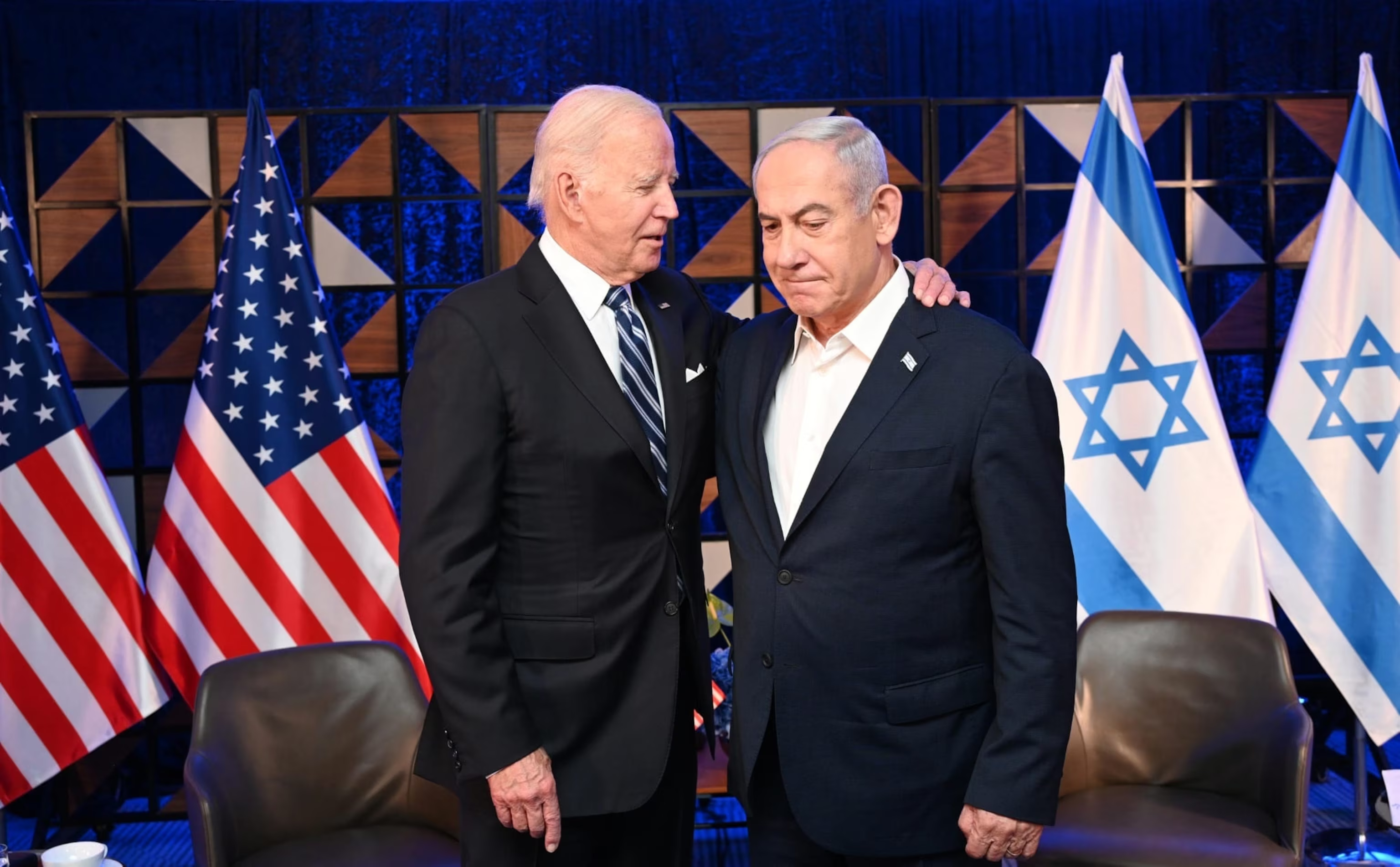
Biden’s Mideast Dilemma: How U.S. Strategy Is Fanned the Flames in Gaza and Beyond
The Biden administration’s handling of the ongoing Middle East crisis, ignited by the Hamas attack on Israel on October 7, reflects decades of American missteps in the region. In the face of this brutal and shocking assault, the administration swiftly moved forward with three goals: to underscore unwavering support for Israel, to try and keep the conflict contained within Gaza, and to urge Israel to show restraint to prevent harm to civilians and to safeguard the U.S.'s reputation. However, the effectiveness of this approach is now under scrutiny, as contradictory aims and unpredictable developments raise the stakes for America’s role in an increasingly volatile Middle East.
After the October 7 assault, in which Hamas fighters attacked Israeli civilians, the Biden administration’s first instinct was to demonstrate full-throated support for its ally. This backing has been more than symbolic. U.S. officials have defended Israel from accusations of heavy-handedness, vetoed UN calls for a ceasefire, and approved shipments of sophisticated weaponry to Israeli forces. High-level U.S. officials, including Secretary of Defence Lloyd Austin, have spoken frequently with their Israeli counterparts, issuing statements of solidarity and promising to “stand by Israel.”
The second priority for the White House has been to try to contain the conflict. Officials in Washington recognise the explosive potential for this war to spread beyond Gaza, particularly to the northern border between Israel and Lebanon, where Hezbollah forces have already engaged in skirmishes. The risk of escalating conflict in this area is concerning, not least because Hezbollah operates with significant backing from Iran, which could draw other regional powers into a broader confrontation.
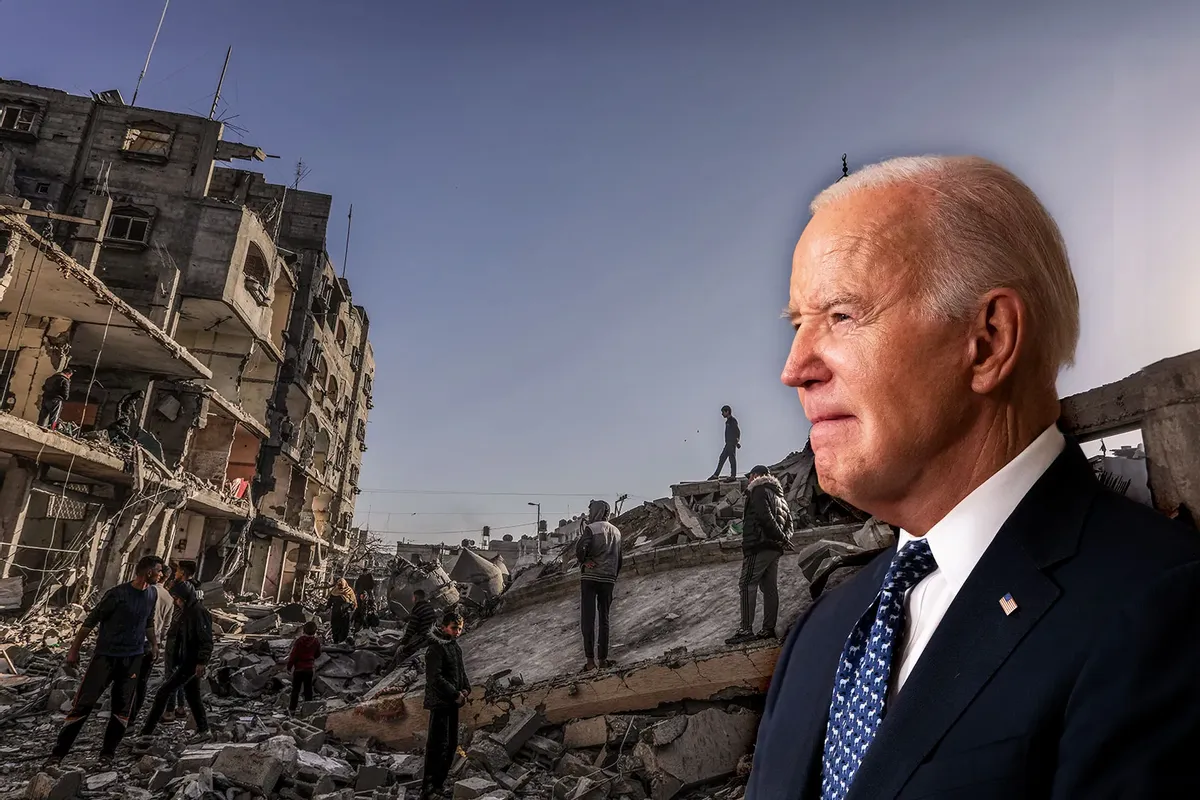
America’s Doublespeak: De-escalation by Escalation is a WWII Farce
Containment and support have been difficult to balance with the administration’s third objective: pressuring Israel to reduce harm to Palestinian civilians. American officials know the damage that unchecked conflict inflicts on the U.S.'s international reputation, particularly in the eyes of Muslim-majority nations and even traditional European allies. Since the war began, a devastating toll has been inflicted on Gaza. Reports indicate that at least 33,000 Palestinians, including over 12,000 children, have lost their lives, with many civilians still facing worsening conditions, shortages of essentials, and potential famine.
The challenges of simultaneously supporting Israel, managing the conflict, and urging restraint have only highlighted the contradictions at the heart of U.S. policy. By aligning closely with Israel and standing behind its military actions, the U.S. has reduced its ability to influence its ally's actions on the ground. Each arms shipment, every vetoed ceasefire proposal, and all words of affirmation have sent a clear message: that Israel has the green light to carry on its mission against Hamas as it sees fit. This unreserved backing has made it far easier for Israel to pursue a total military response, while U.S. appeals for restraint have gone largely unheard.
Meanwhile, the attempt to contain the fighting to Gaza has proven challenging in the context of a region already simmering with long-standing grievances and geopolitical rivalries. Houthi militias in Yemen have seized upon the escalating situation to target Red Sea shipping, reportedly in protest of the conflict. Tensions between Israel and Hezbollah, especially along the Lebanese border, have further destabilised the region. And, most recently, Iran retaliated for an April 1 Israeli attack on its consulate in Damascus by launching drone and missile strikes on Israel, increasing the prospect of a broader confrontation involving the United States and other key players.
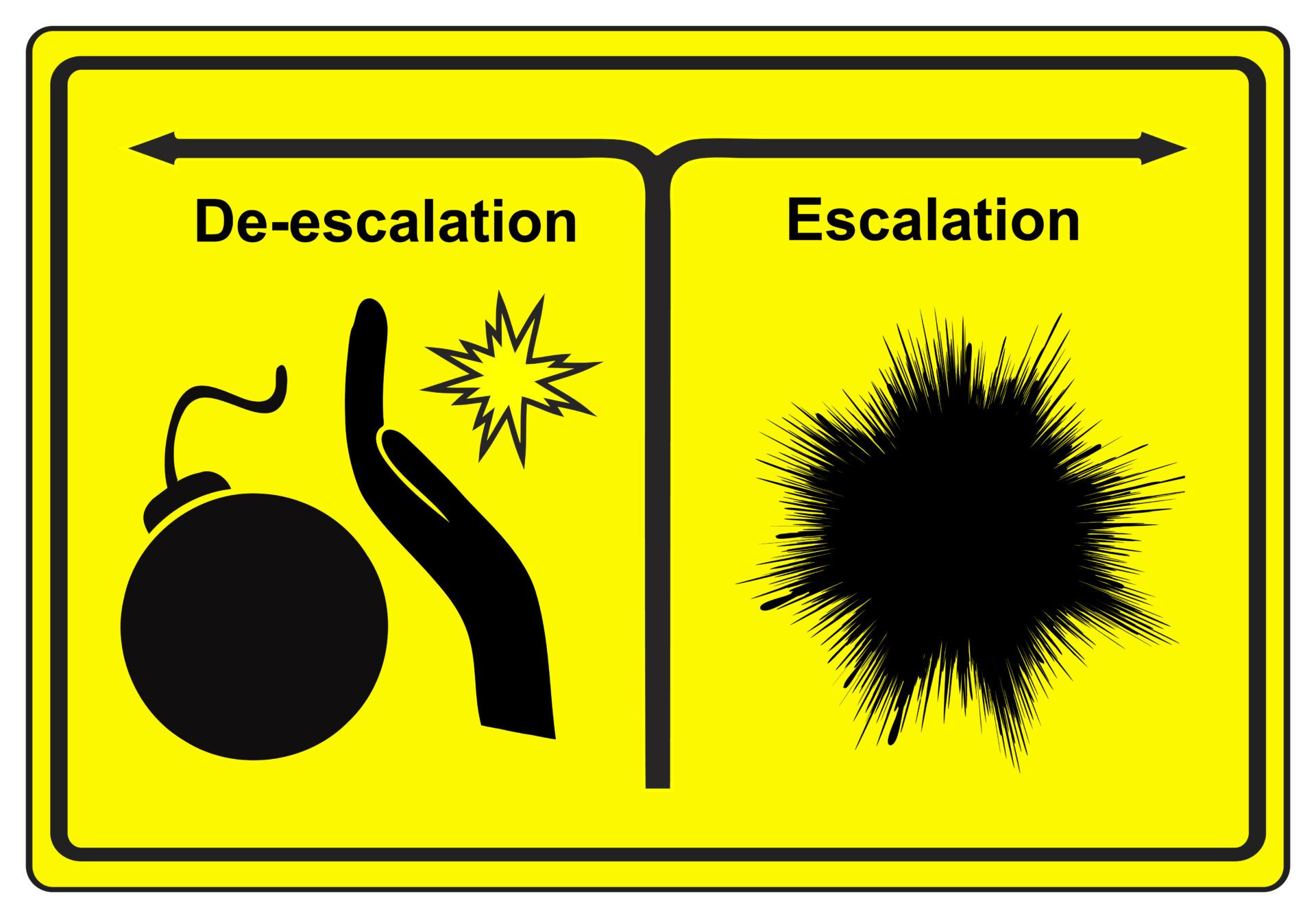
America - Iran: Once a Friend, Now a Foe
America’s focus on Iran has long been defined by caution and mistrust, reflecting decades of U.S. policy framing Tehran as a central antagonist in Middle Eastern affairs. Iran is often painted as a destabilising force, actively “flooding” areas like the West Bank with arms and stirring up unrest, as was highlighted in recent reports. While the U.S. narrative often frames Iran as the primary source of chaos, many argue that this perspective oversimplifies the dynamics at play and neglects the unintended consequences of U.S. policy decisions, which may be fuelling the very instability they aim to prevent.
The fallout from America’s current approach in the Middle East has its roots in a series of foreign policy missteps spanning multiple administrations. Each president since Clinton has encountered difficulties navigating the complexities of the region, with many of their actions leaving a legacy of mistrust and instability. By rallying behind Israel in such a comprehensive way, the Biden administration has perhaps amplified these challenges, inadvertently encouraging an escalation of violence that may prove harder to contain than initially hoped.
As this volatile situation unfolds, the U.S. now faces a daunting set of questions: Can it maintain its influence in the Middle East while pursuing policies that satisfy its long-time ally Israel? Is it possible for the U.S. to call for restraint credibly when its actions suggest otherwise? And finally, as Iran asserts itself through retaliatory strikes, will the U.S. be able to keep the situation from spiralling into a larger confrontation?
In the days ahead, the answers to these questions will not only shape the immediate future of Gaza and Israel but may also redefine the U.S.'s standing in the Middle East for years to come.
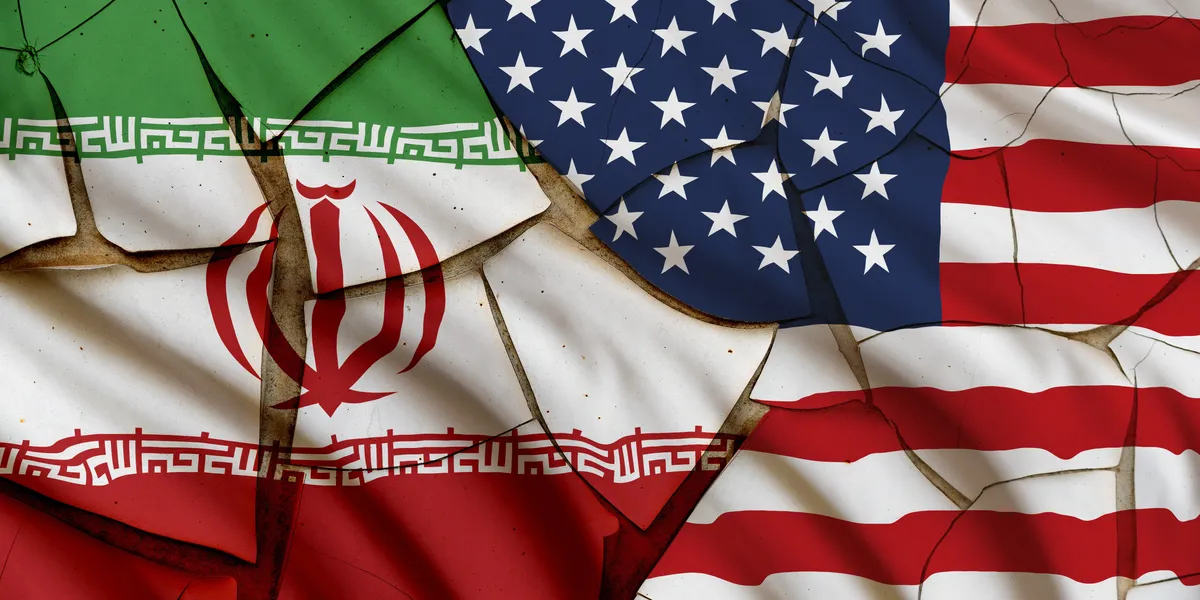
The Right to Defend Itself Partial Bias
According to the Geneva Conventions, populations living under "belligerent occupation" are recognised as having the right to resist their occupiers. Since Israel has controlled the West Bank and East Jerusalem since 1967, building settlements with over 700,000 Israelis and using force against Palestinian populations, this control qualifies as "belligerent occupation." Though resistance remains subject to the laws of war—and any attacks on civilians are violations under these laws—international law recognises the legitimacy of resisting occupation.
Iran’s support for Palestinian groups, however complex its motivations, can be understood within this framework. Iran’s role is not necessarily rooted in a deep-seated commitment to the Palestinian cause; it often aligns with Iran's regional interests. Similarly, Iran’s recent retaliation after Israel bombed its consulate in Syria, killing two of its generals, reflects more than aggression. Tehran has mentioned it has no desire to widen the conflict, and its limited retaliation appears to have been a warning rather than an invitation for further escalation—essentially an attempt to restore deterrence.
The U.S., meanwhile, has a longstanding role in the region, supplying Israel with billions in military aid, high-tech weaponry, and unreserved support. This backing has remained steady, even as Israel has enacted policies that exacerbate conditions for Palestinians. When U.S. Secretary of State Antony Blinken visited Israel, it coincided with Israel’s largest land confiscation in the West Bank since 1993. The U.S. expressed no objection to Israel’s bombing of the Iranian consulate, even though it condemned Ecuador’s recent actions against the Mexican Embassy in Quito. President Biden’s recent statements underscoring America’s "ironclad" commitment to Israel underscore this backing. Given the U.S.’s consistent military and political support, Israel’s confidence in pursuing its actions independently of American advice is hardly surprising.
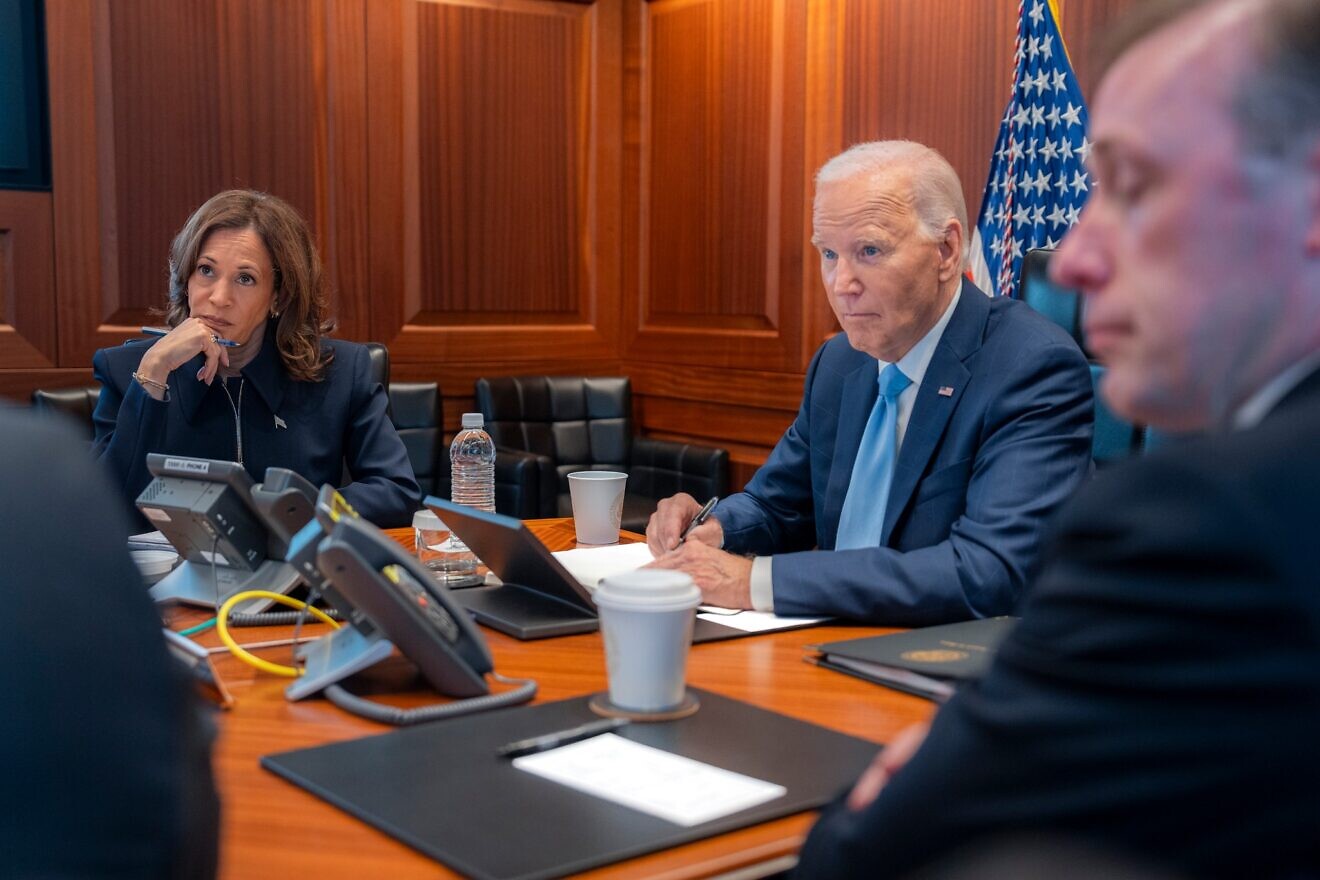
Israel - America’s Belligerent Step Child is a Foot in the Door in the Middle-East
States with unchecked power tend to abuse it, and Israel is no exception. Because Israel is vastly stronger than its Palestinian subjects—and more capable than Iran, too, for that matter—it can act with impunity against them, and it typically does. Decades of generous and unconditional U.S. support have enabled Israel to do whatever it wants, which has contributed to its politics as well as its behaviour toward the Palestinians becoming increasingly extreme over time. Only on those rare occasions when Palestinians were able to mobilise effective resistance—as they did during the First Intifada (1987-1993)—were Israeli leaders such as former Prime Minister Yitzhak Rabin forced to acknowledge the need to compromise and attempt to make peace. Unfortunately, because Israel was so strong, the Palestinians so weak, and U.S. mediators so one-sided in Israel’s favour, none of Rabin’s successors were willing to offer the Palestinians a deal they could accept.
Consider the following hypothetical: if you’re troubled by Iran’s reported smuggling of weapons into the West Bank, think for a moment about a reversed scenario. Imagine Egypt, Jordan, and Syria had won the Six-Day War back in 1967, prompting millions of Israelis to flee. Picture these victorious Arab states allowing Palestinians to exercise a “right of return” and set up their state within Israel/Palestine. Now, suppose that about a million Jewish Israelis ended up as stateless refugees in a densely populated strip, similar to Gaza.
Now, imagine a group of former Irgun fighters and other hard-line Israeli factions forming a resistance movement, taking control of this enclave, and refusing to recognise the newly established Palestinian state. Further, they gain international support from sympathetic allies and begin smuggling weapons into their stronghold, launching attacks on nearby Palestinian settlements. How might the Palestinian state respond? Perhaps by blockading and bombing this enclave, leading to countless civilian deaths.
In this alternative reality, who would the U.S. government support? Would it allow such a situation to escalate in the first place? The answer is starkly obvious and underscores the one-sided nature of America’s current approach to this conflict. Ironically, the fervent supporters of Israel within the United States, those who push for unwavering American support regardless of Israel’s actions, may actually be undermining the very country they seek to protect. Over the decades, their actions have helped deepen divisions, harden positions, and make peace more elusive.
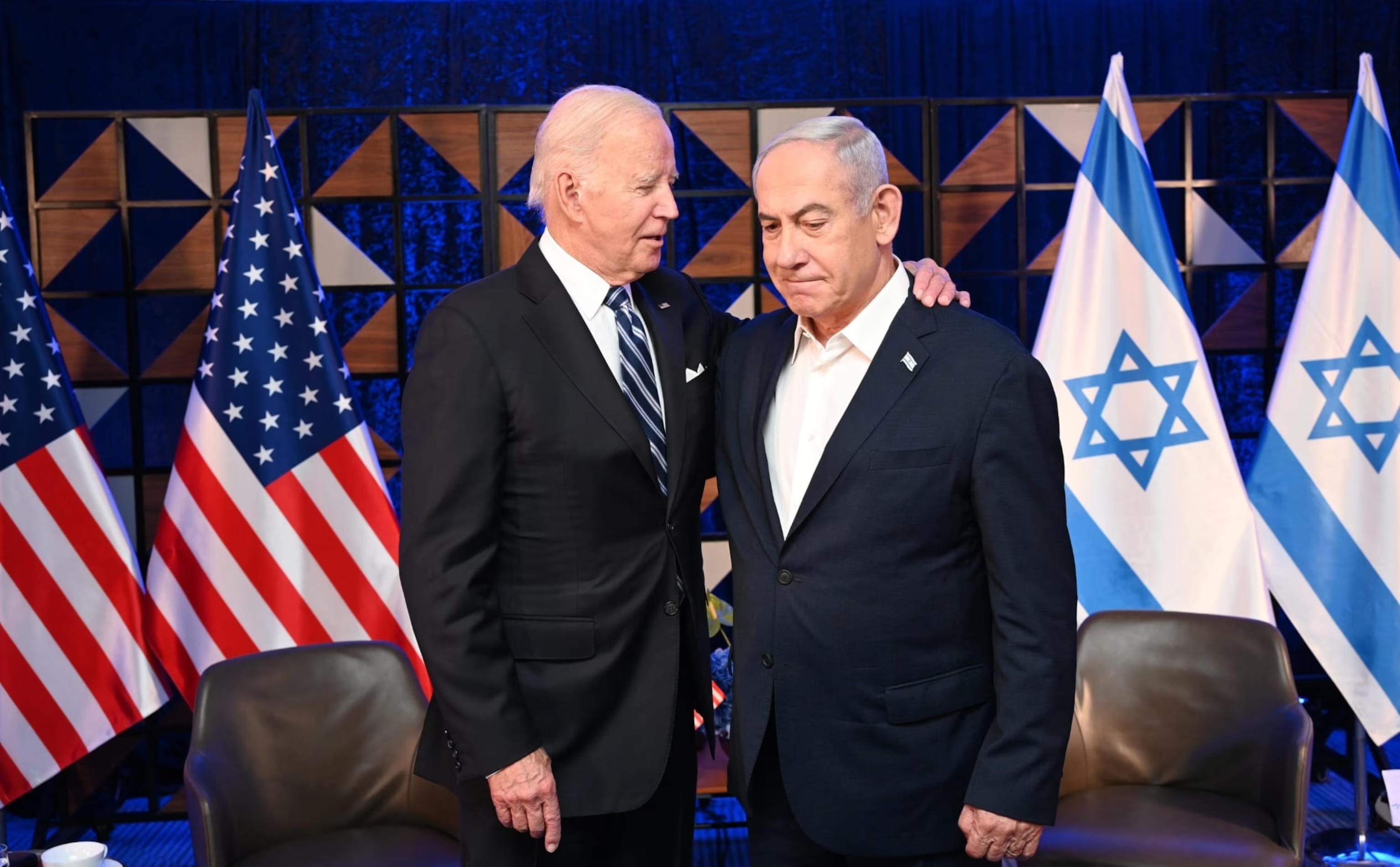
How Long Can This “Conflict” & “Expansion” go Unchecked?
Reflect on the outcomes of America’s “special relationship” with Israel over the past five decades. The failure of the two-state solution looms large, as the fate of the Palestinian people remains unresolved. For years, U.S. presidents have faced obstacles to putting effective pressure on Israel, largely due to the influence of groups in the U.S. lobbying for unconditional support. This enduring lack of balance has produced both regional instability and unintended consequences. For example, Israel’s 1982 invasion of Lebanon, originally aimed at consolidating its control in the West Bank, inadvertently led to the rise of Hezbollah, now a primary threat along Israel’s northern border.
Further, strategic missteps continued with Prime Minister Netanyahu and other Israeli leaders covertly backing Hamas in the early years to counterbalance the Palestinian Authority (PA), thereby contributing to the conditions that led to the tragedy of October 7. Today, Israeli society itself faces intense polarisation, exacerbated by decades of occupation and conflict that have worn down even the most ardent supporters. Meanwhile, younger Americans—including many Jewish Americans—are increasingly disillusioned by Israel’s actions. Across the Middle East, Iran has taken advantage of the instability by bolstering its support for the Palestinian cause, edging closer to nuclear capability, and blocking U.S. isolation efforts. Had groups like AIPAC and its allies considered the long-term consequences, they might question the wisdom of Israel’s path and the toll it has taken.
Meanwhile, critics of Israel’s hard-line policies—often met with harsh labels and accusations—have consistently advocated for a balanced approach that would benefit both the U.S. and Israel. Such policies could have made Israel more secure, preserved countless Palestinian lives, and maintained America’s moral authority as a defender of human rights. A peaceful, viable Palestinian state could diminish Iran’s influence in the region, reducing its need to supply weapons to the West Bank and lessening its desire to develop a nuclear deterrent. Unless the U.S. revisits its approach to the Middle East, these dynamics will continue to stymie peace efforts, leaving the mistakes of the past all too likely to shape the future.
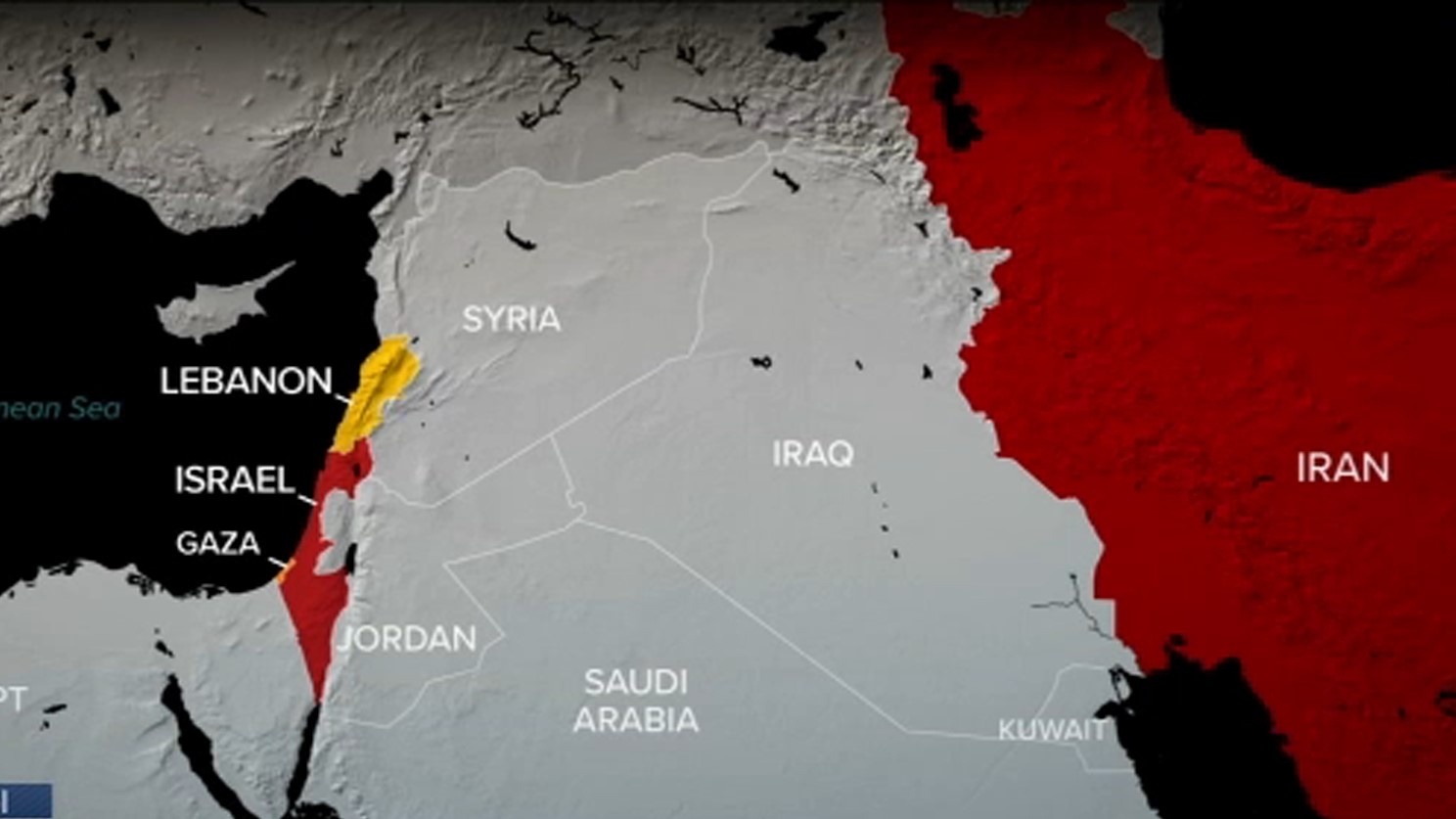
*The views expressed in this article are personal. They do not reflect the opinions, beliefs, or positions of Vygr and Vygr Media Private Limited.
©️ Copyright 2023. All Rights Reserved Powered by Vygr Media.

